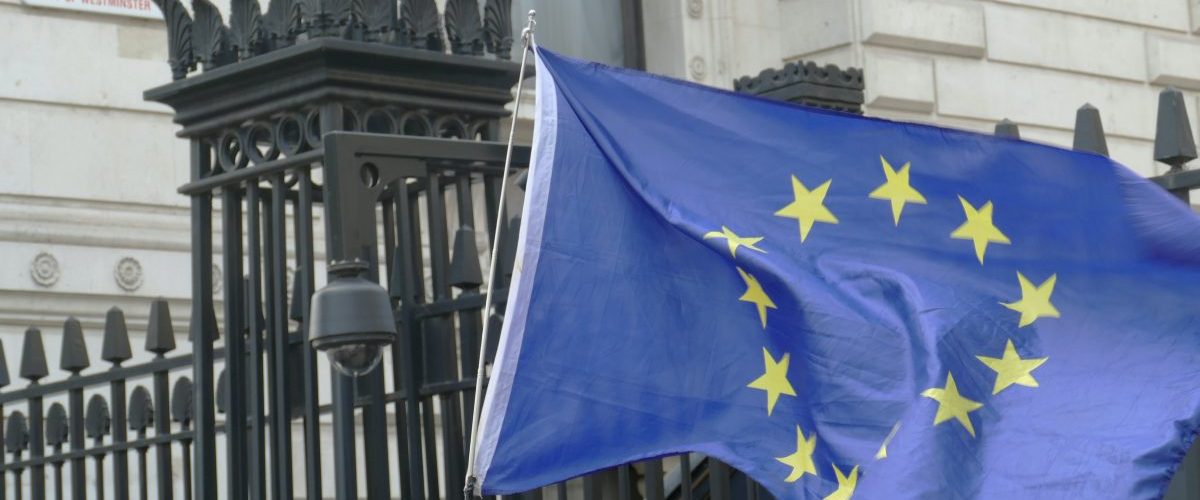- Non-resident digital economy businesses must register for, collect, and remit VAT if they sell electronically supplied services, sell imported goods valued at less than €150 to final consumers in the EU, sell goods within the EU to final consumers in the EU, or act as a platform facilitating these transactions.
- Live-streamed events will also be subject to these requirements starting from 1 January 2025. Some EU Member States may require non-EU businesses providing any type of services to final consumers in their jurisdiction to comply with their VAT requirements.
- EU payment service providers will be required to transmit information on cross-border payments and the payee to the administrations of the Member States effective from 1 January 2024.
- The information will be centralized in a European database called CESOP and made available to anti-VAT fraud experts of Member States via a network called Eurofisc. The reporting obligation will occur quarterly, starting from Q1 2024.
Source KPMG
Latest Posts in "European Union"
- ECJ Customs C-307/23 (G GmbH) – AG Opinion – EU-Designed Label Templates Must Be Included in Customs Value as Container Costs
- Questions to ECJ – Quick Fixes Under Scrutiny: Is an EU VAT ID a Substantive Requirement for Zero-Rating?
- Briefing document & Podcast: ECJ VAT C-622/23 (RHTB) – VAT Implications in Work Contract Cancellations
- New GC VAT Case: C-689/25 (British Company) – No details known yet
- Comments on ECJ Case C-726/23 (Arcomet) – ECJ clarifies VAT rules for Transfer Pricing adjustments in intragroup transactions













